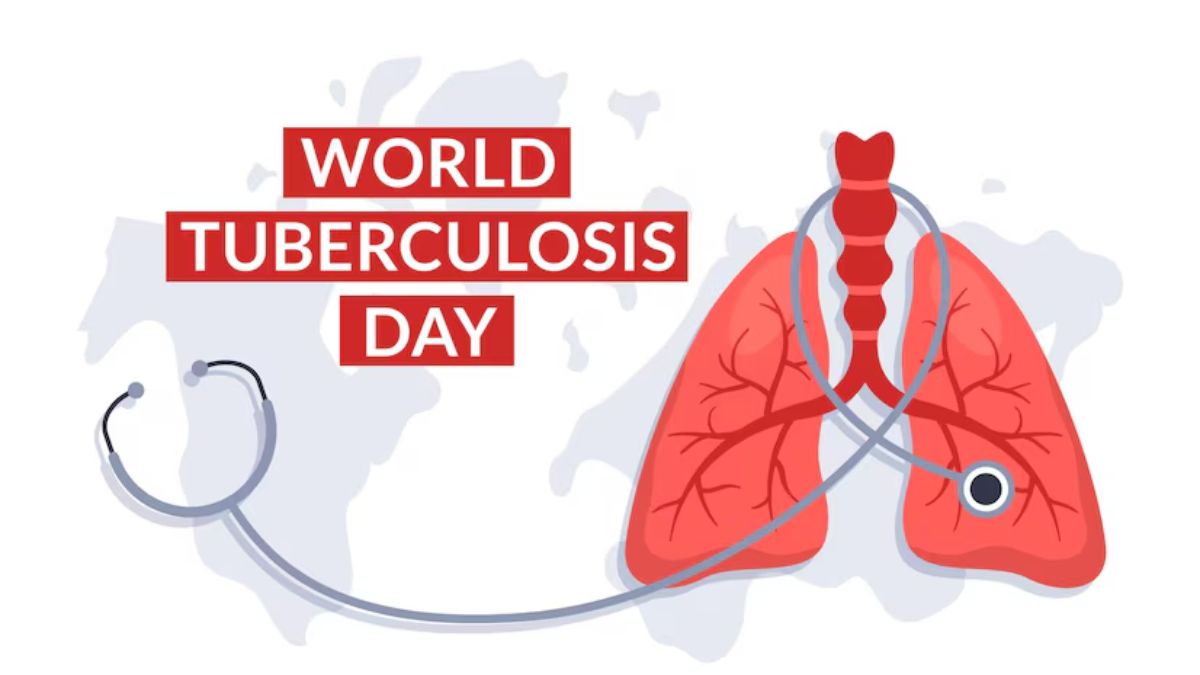- By Prerna Targhotra
- Sun, 24 Mar 2024 07:17 AM (IST)
- Source:JND
World Tuberculosis Day 2024: Every year, the global event of World Tuberculosis Day is observed on March 24 to raise awareness about this health illness. The day aims to raise awareness about the causes, symptoms, treatment and prevention of this deadly disease. It also raises awareness about the devastating health, economic and social consequences of tuberculosis (TB).
World Tuberculosis Day 2024: History
The history of World Tuberculosis Day dates back to 1882 when Dr. Robert Koch announced that he had discovered the bacterium that causes TB, which opened the way towards diagnosing and curing this disease. According to the Centers for Disease Control and Prevention (CDC), World TB Day is a day to educate the public about the impact of TB around the world. CDC, along with our partners and colleagues around the world share successes in TB prevention and control and raise awareness of the challenges that hinder our progress toward the elimination of this devastating disease.
World Tuberculosis Day 2024: Significance
World Tuberculosis Day is an important global event about raising awareness about the causes and treatment of this deadliest disease. According to WHO, about a quarter of the global population is estimated to have been infected with TB bacteria. About 5 to 10% of people infected with TB will eventually get symptoms and develop TB disease. WHO recommends the use of rapid molecular diagnostic tests as the initial diagnostic test in all persons with signs and symptoms of TB.
World Tuberculosis Day 2024: Theme
The theme for World Tuberculosis Day 2024 is ‘Yes! We can end TB!’, conveys a message of hope that getting back on track to turn the tide against the TB epidemic is possible through high-level leadership, increased investments and faster uptake of new WHO recommendations.
Facts About Tuberculosis
People with latent TB infection don’t feel sick and aren’t contagious. Only a small proportion of people who get infected with TB will get TB disease and symptoms. Babies and children are at higher risk.
Unlike TB infection, when a person gets TB disease, they will have symptoms. These may be mild for many months, so it is easy to spread TB to others without knowing it.
Get tested for TB infection if you are at increased risk, such as if you have HIV or are in contact with people who have TB in your household or your workplace.
If you have TB, practise good hygiene when coughing, including avoiding contact with other people and wearing a mask, covering your mouth and nose when coughing or sneezing, and disposing of sputum and used tissues properly.
A tuberculin skin test (TST) or interferon-gamma release assay (IGRA) can be used to identify people with infection.


